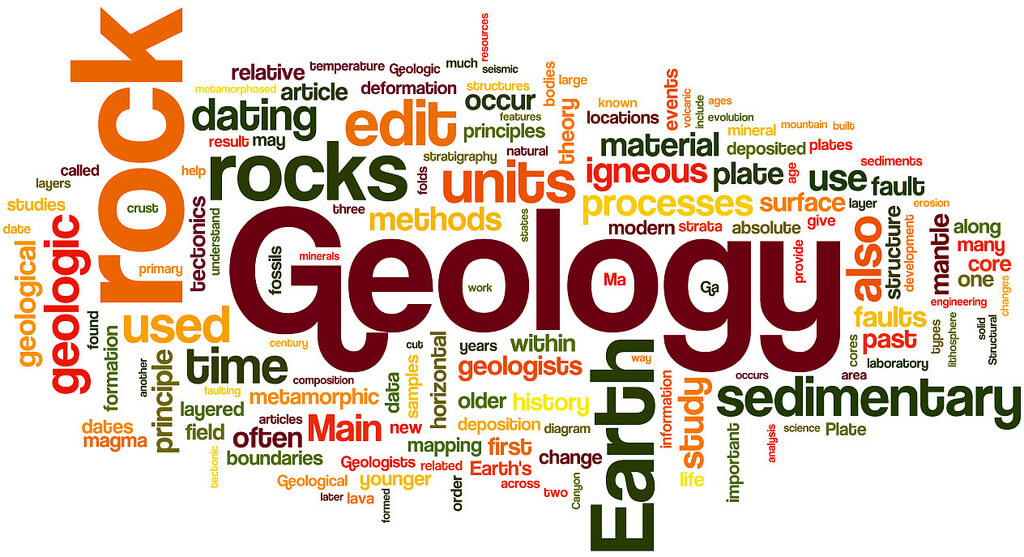
Geology is the scientific study of the Earth, its origin, composition, structure, history and the dynamic processes that continuously shape its surface and interior. As one of the fundamental natural sciences, it provides essential knowledge for understanding the physical environment in which life has developed and continues to evolve. For biology students, geology is not only a complementary discipline but also a key to exploring the close relationship between the Earth and living organisms.
Through geology, students are introduced to the nature of rocks, minerals, and soils, as well as to large-scale processes such as plate tectonics, volcanism, and erosion. These geological factors strongly influence the distribution of ecosystems, the availability of natural resources, and the long-term patterns of biodiversity. For example, changes in sea level, the formation of mountains, or the occurrence of mass extinctions in the geological past all played decisive roles in shaping life on Earth.
Studying geology in the first year of biology builds a solid foundation for future learning. It equips students with the ability to interpret the physical environment, to understand the historical context of biological evolution, and to appreciate the interdependence between abiotic and biotic components of nature. This integrative vision is essential for modern biological sciences, which increasingly rely on interdisciplinary approaches to address global challenges such as climate change, environmental degradation, and sustainable resource management.
The module of geology is a methodological teaching unite which is directed for the first-year biology students, this module has a coefficient of 3 and a credit of 5.
for the evaluation mode is 60 % for the final exam and 40% for both TT+PW.
- Teacher: asme bouhouia
